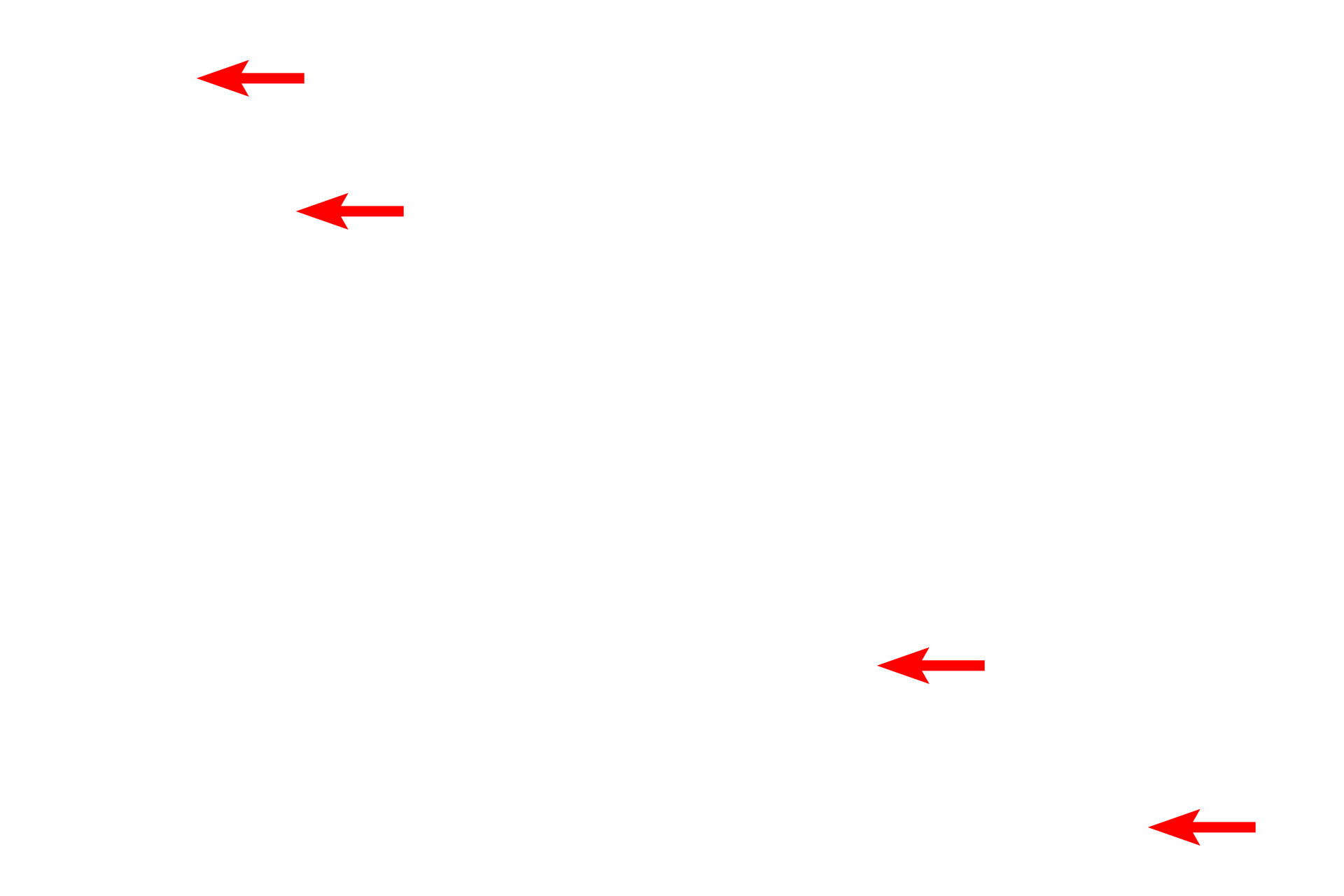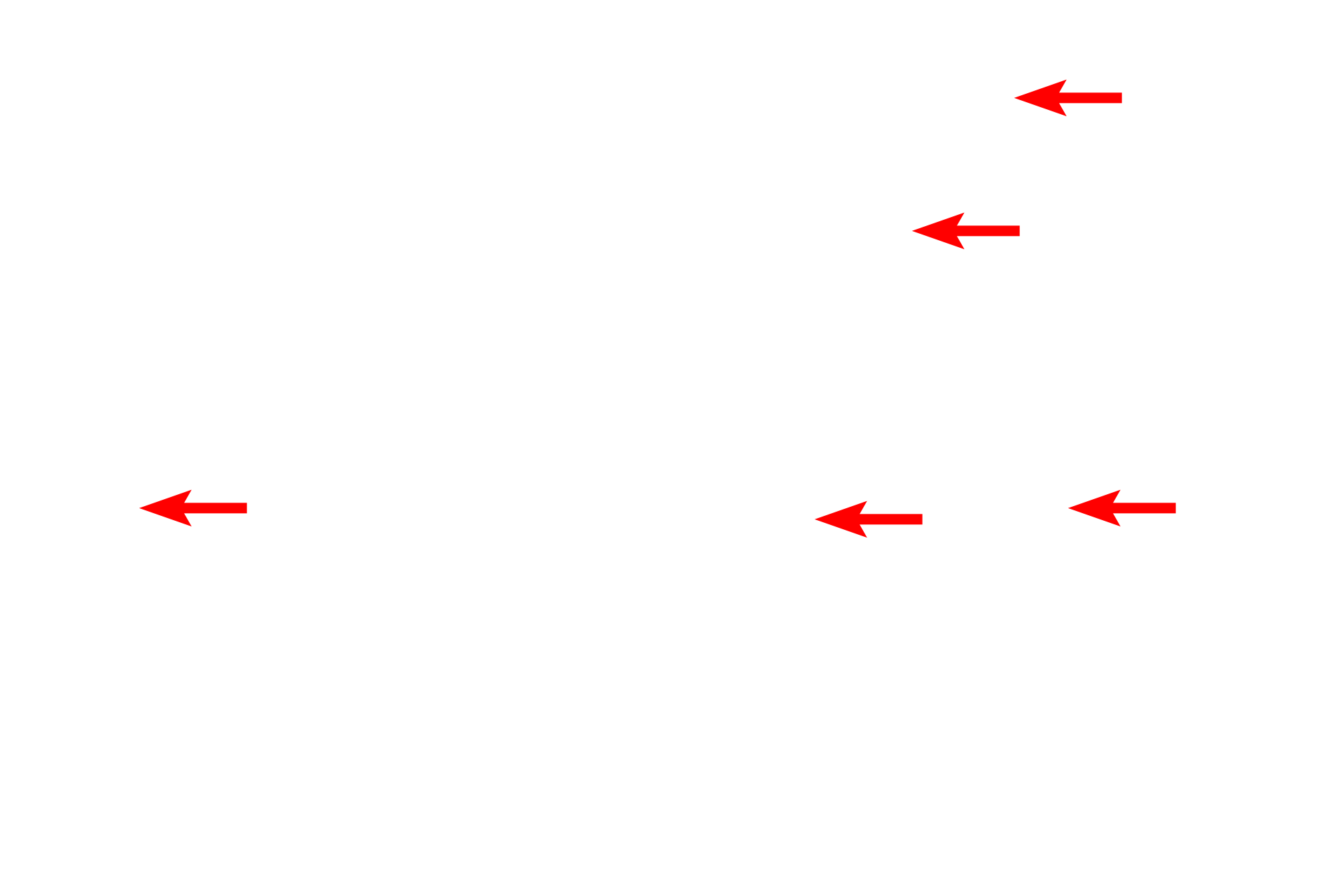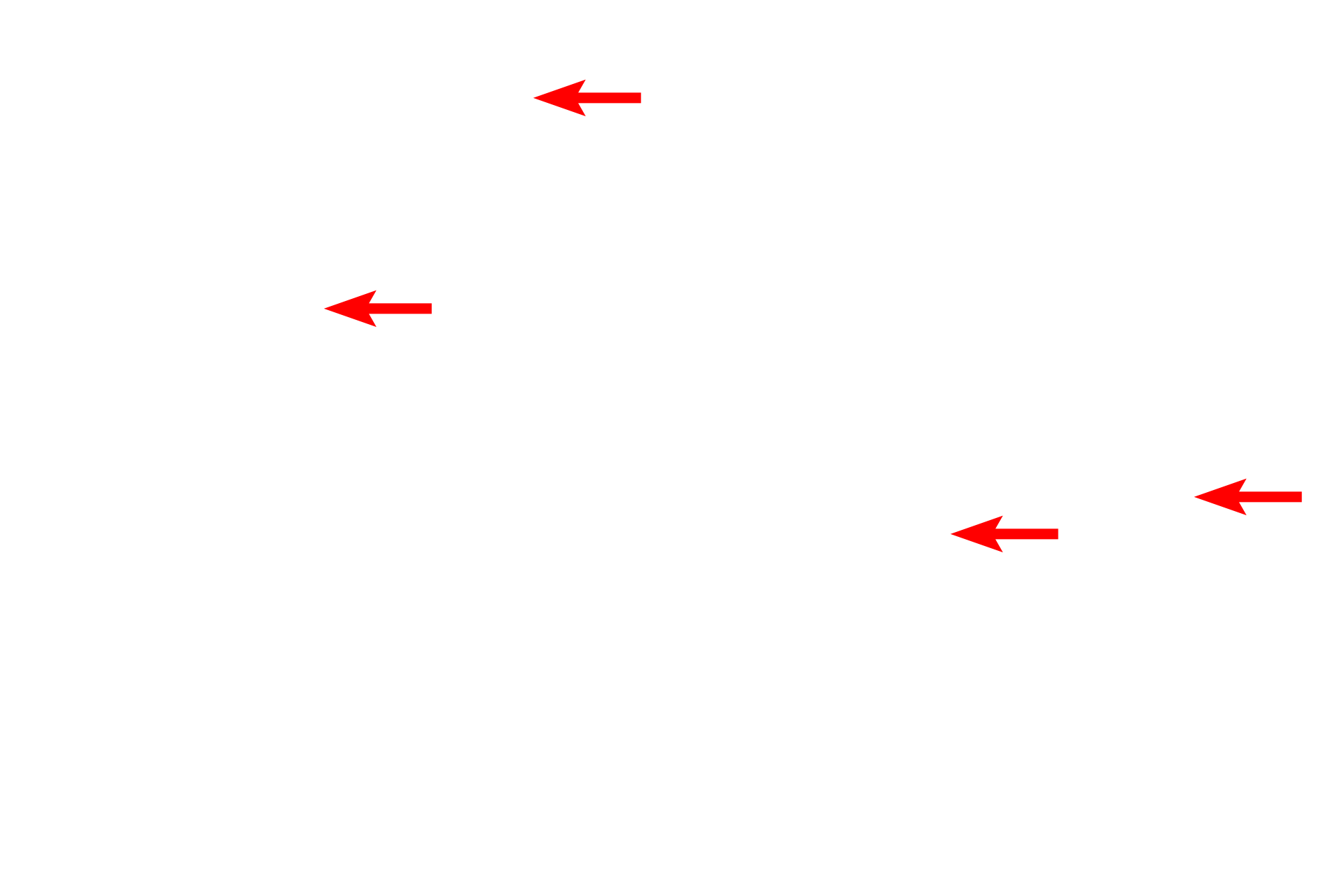
Multipolar neuron
A multipolar neuron shows the abundant Nissl substance in its cytoplasm, as well as a characteristically large, euchromatic nucleus and prominent nucleolus. Two Nissl-containing dendrites extend from the cell body. Nuclei of astrocytes and oligodendrocytes, as well as myelinated axons, are also present. Toluidine blue stain 1000x

Multipoloar neuron
A multipolar neuron shows the abundant Nissl substance in its cytoplasm, as well as a characteristically large, euchromatic nucleus and prominent nucleolus. Two Nissl-containing dendrites extend from the cell body. Nuclei of astrocytes and oligodendrocytes, as well as myelinated axons, are also present. Toluidine blue stain 1000x

Nissl substance
A multipolar neuron shows the abundant Nissl substance in its cytoplasm, as well as a characteristically large, euchromatic nucleus and prominent nucleolus. Two Nissl-containing dendrites extend from the cell body. Nuclei of astrocytes and oligodendrocytes, as well as myelinated axons, are also present. Toluidine blue stain 1000x

Nucleus
A multipolar neuron shows the abundant Nissl substance in its cytoplasm, as well as a characteristically large, euchromatic nucleus and prominent nucleolus. Two Nissl-containing dendrites extend from the cell body. Nuclei of astrocytes and oligodendrocytes, as well as myelinated axons, are also present. Toluidine blue stain 1000x

Nucleolus
A multipolar neuron shows the abundant Nissl substance in its cytoplasm, as well as a characteristically large, euchromatic nucleus and prominent nucleolus. Two Nissl-containing dendrites extend from the cell body. Nuclei of astrocytes and oligodendrocytes, as well as myelinated axons, are also present. Toluidine blue stain 1000x

Dendrites
A multipolar neuron shows the abundant Nissl substance in its cytoplasm, as well as a characteristically large, euchromatic nucleus and prominent nucleolus. Two Nissl-containing dendrites extend from the cell body. Nuclei of astrocytes and oligodendrocytes, as well as myelinated axons, are also present. Toluidine blue stain 1000x

Myelinated axons
A multipolar neuron shows the abundant Nissl substance in its cytoplasm, as well as a characteristically large, euchromatic nucleus and prominent nucleolus. Two Nissl-containing dendrites extend from the cell body. Nuclei of astrocytes and oligodendrocytes, as well as myelinated axons, are also present. Toluidine blue stain 1000x

Astrocyte nuclei >
Astrocytes are multifunctional cells with a stellate morphology that is only revealed with special stains, such as silver. Astrocytes provide structural and metabolic support for neurons, as well as ion homeostasis. Astrocytes in grey matter are called protoplasmic astroctyes, while those in white matter are termed fibrous astrocytes. An astrocyte nucleus is larger and paler than that of an oligodendrocyte.

Oligodendrocyte nuclei >
Oligodendrocytes are the myelin-forming cells in the central nervous system and, like astrocytes, require special stains to be seen in their entirety. Oligodendrocytes located in grey matter are called satellite oligodendrocytes and their function is unclear. Those in white matter are called interfascicular. The nucleus of an oligodendrocyte is smaller and darker than that of an astrocyte.
 PREVIOUS
PREVIOUS